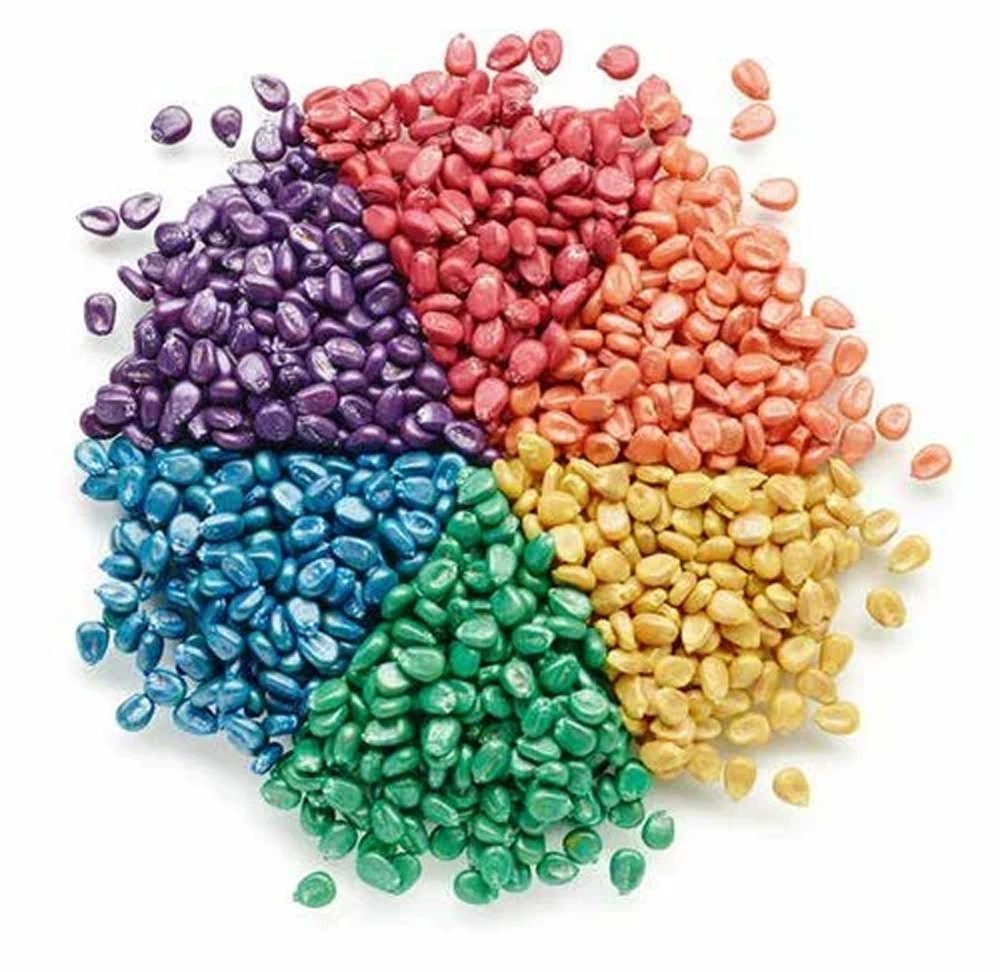Protecting the environment and promoting the health of plants, animals, and humans are key priorities in developed nations. The recent utilization of absorbent polymers and hydrogels in agriculture has shown numerous advantages including soil improvement, water conservation, reduced nutrient consumption, alleviation of dehydration and crop stress, and management of phytopathogens. Seed-coating technology, a common practice, enhances seed protection and plant growth using materials like absorbent polymers and hydrogels infused with growth regulators, pesticides, fertilizers, and beneficial microorganisms. This review underscores the importance of various superabsorbent polymers and hydrogels in an integrated strategy to safeguard seeds, plants, and soil, thereby preserving the ecosystem.

Keywords: biological control; sustainable production; phytopathogens; hydrogel; environmental protection
The increasing global population necessitates higher crop yields, but traditional agricultural practices heavily reliant on mineral fertilizers and synthetic pesticides pose risks to human, animal, and plant health. Innovative strategies like crop rotation, new plant varieties, and vertical farming aim to boost yield without conventional chemicals.
Population growth also drives the need for innovative solutions like vertical farming to maximize land productivity per square meter amidst challenges like land erosion, global warming, urbanization, and desertification. Therefore, there’s an urgent need to enhance agricultural production while protecting plants and soil from diseases.
Effective agricultural management must reduce water consumption, improve soil water retention, enhance agrochemical efficiency, and control phytopathogens. Superabsorbent polymers offer benefits such as water conservation, reduced runoff and erosion, and enhanced fertilizer performance. Seed coating with natural agents like fertilizers, hydrophilic substances, and microorganisms embedded in polymers and hydrogels is a promising strategy to enhance seed protection and plant resilience against adverse conditions.
Overall, integrating superabsorbent polymers and hydrogels into agricultural practices can contribute significantly to sustainable production and environmental protection.

